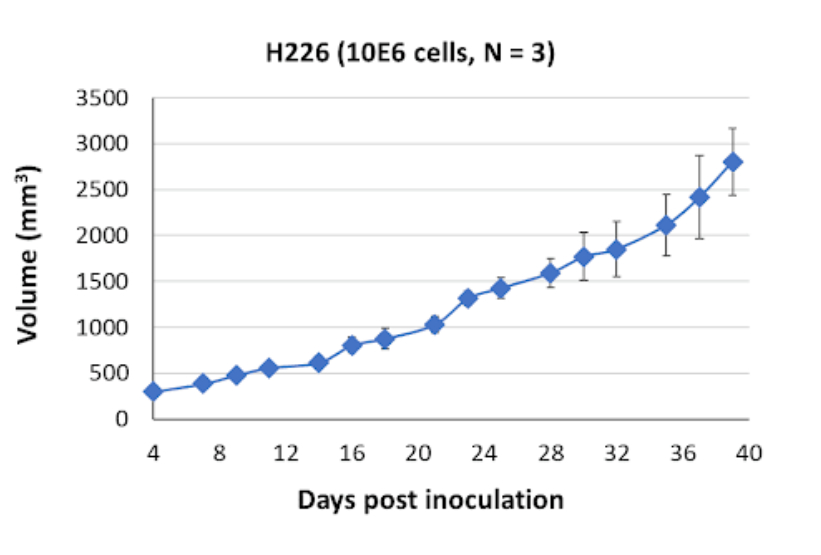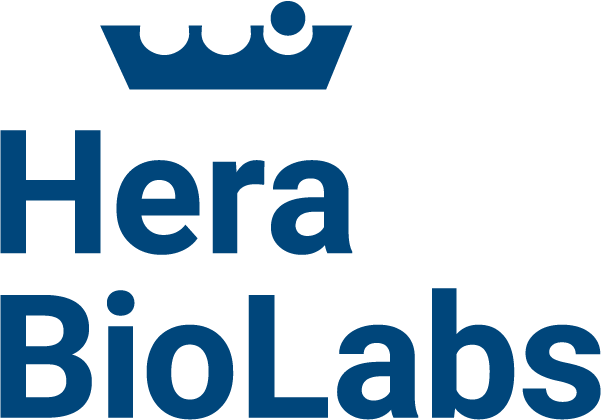About NCIH226
NCIH226 is a cell line used to investigate non-small cell lung carcinoma (NSCLC). It was derived from a pleural effusion of a patient with poorly differentiated lung adenocarcinoma. Understanding the specific mutations present in NCIH226 cells can provide insights into NSCLC pathogenesis and potential therapeutic strategies.
A notable mutation present in the NCIH226 cell line is TP53 p.Arg158Leu (c.473G>T). TP53 is a tumor suppressor gene involved in regulating cell cycle progression and DNA repair. The p.Arg158Leu mutation in TP53 results in an amino acid substitution that can impair the function of the p53 protein, potentially compromising its ability to control cell growth and suppress tumor development. This mutation is of particular interest as TP53 mutations are commonly found in NSCLC and can impact treatment response and prognosis.
Importantly, the NCIH226 cell line exhibits sensitivity to certain drugs, such as epidermal growth factor receptor (EGFR) inhibitors. EGFR inhibitors, including tyrosine kinase inhibitors, have become standard care treatments for NSCLC patients with EGFR-activating mutations. The sensitivity of NCIH226 cells to EGFR inhibitors suggests that this cell line may serve as a useful tool for investigating the mechanisms underlying drug response and resistance in NSCLC. Researchers can utilize NCIH226 cells to explore the signaling pathways affected by EGFR inhibition and to identify potential molecular determinants of drug sensitivity or resistance.
NCIH226 Tumor Kinetics in the SRG™ Rat

Furthermore, the NCIH226 cell line provides an opportunity to investigate other molecular features and pathways that may contribute to NSCLC progression and therapeutic response. By studying the genomic landscape of NCIH226, researchers can identify additional genetic alterations, such as mutations in other oncogenes or tumor suppressor genes, that may play a role in the development and progression of NSCLC. Additionally, characterizing the expression profiles of key signaling molecules and pathways in NCIH226 cells can provide insights into the molecular drivers of this subtype of lung cancer.
Products & Services
Xenograft Efficacy Studies
Includes collection of blood, tissues & tumor for ADME, PK/PD and analysis.
(Bi)weekly Tumor Sampling
Via fine needle aspiration (FNA). For longitudinal evaluation of drug exposure, histology and gene expression.
OncoRats
Cutting edge models optimized for engraftment.
Get help with your research by scheduling a call with Hera.

References (MLA):
- Fong, Jason T., et al. “Alternative Signaling Pathways as Potential Therapeutic Targets for Overcoming EGFR and C-MET Inhibitor Resistance in Non-Small Cell Lung Cancer.” PLOS ONE, 4 Nov. 2013, journals.plos.org/plosone/article?id=10.1371%2Fjournal.pone.0078398.
- Frebourg, Thierry, et al. “Guidelines for the Li–Fraumeni and Heritable Tp53-Related Cancer Syndromes.” Nature News, 26 May 2020, www.nature.com/articles/s41431-020-0638-4.
